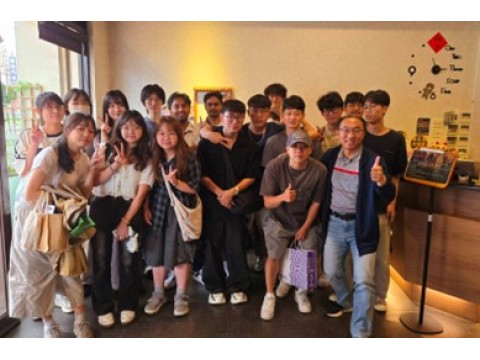
A. Conjugated polymers in chemosensors
B. Carbon nitride quantum dots
C. RAFT living radical polymerization and stimuli-responsive materials
D. Amphiphilic diblock polymeric micelles, hydrogels, and cell viability
E. Carbon nitride/PbTiO3 photocatalyst composite materials

Postdoc: Dr. Priyanka Chaudhary
.png)
Doctoral degree:
2nd year: Aswini kumar Nath
.png)
Master degree:
2nd year: Min-Kai Wu
1st year: Wyvern Lee,Yun-You Lu, Dennis Chang, Gary Pan,
.png)
Undergraduate degree:
4th year: Eva Wu, Eric Wang, Irene Luo, Nita Biao, Joy Hsu, Allen Chen, Eeny Wu
3rd year: Anting Cheng, Benson Zeng, David Chen, Paggy Wang, Jeffrey Chan, Allison Chen, Anna Lou
2nd year: Candy Zhang, Yevon Chen, Sobrina Hsu, Linda Song, Eric Hsu, Billy Chen, Eason Huang, Jessica Jiang, Katrina Cheng, Janet Lin
.png)
Welcome to the website of Professor Yang’s group. Our laboratory, Organic Optoelectronic Polymer Laboratory, was established in February, 2010. Our research projects mainly concerns the development of new functionally fluorescent materials for use as emissive or charge transport materials in organic electronic devices, such as chemosensors and storage systems. Research involves the synthesis and characterization of novel fluorescent materials, including fluorene, carbazole, and triphenylamine-based compounds as electron donor unit or 2,1,3-benzothiadiazole (BT) and diketopyrrolopyrrole (DPP)-based compounds as electron acceptor unit with high quantum yield, excellent thermal and oxidative stability, and convenient color tenability. We also synthesized amphiphilic diblock polymers containing azobenzene moieties and we study their corresponding phase separation in various amounts of THF/water mixture via self-assembly. Students who join in our laboratory can learn how to synthesize organic materials, to purify/ identity the structure of the synthesized materials using FT-IR, NMR, EA, Mass, UV, PL, XRD, CV, and Gaussian techniques. They can also realize the viewpoint and concept of organic optoelectronic field. We are seeking students interested in optoelectronic polymers to join our group.
.jpg)

Fluorescence colors of conjugated polymer in the presence of ions (upper) and pH (lower).
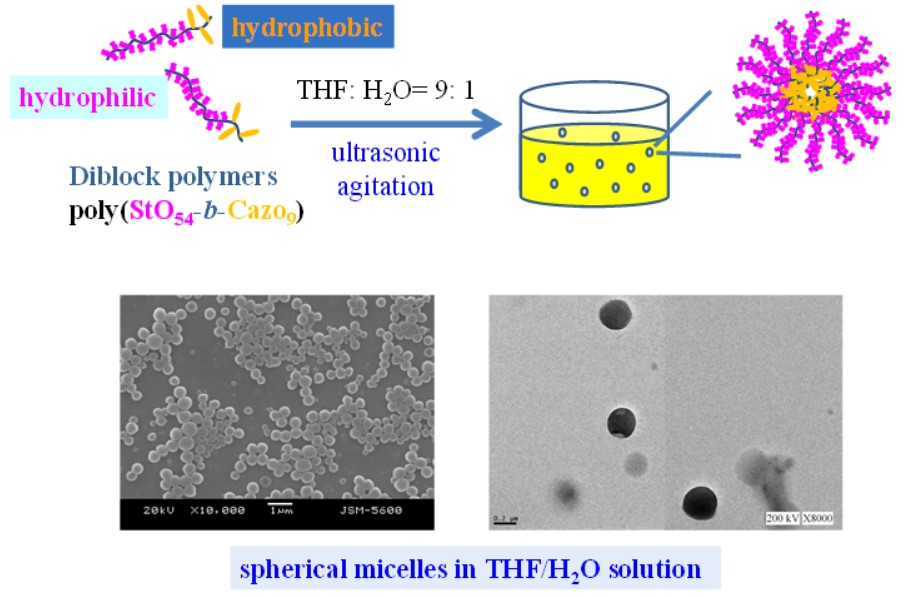
Schematic representation of spherical micelles obtained from diblock copolymer (poly(StO54-b-Cazo9)).

Chemical structure and emission of o-phenylenediamine-based carbon dot.
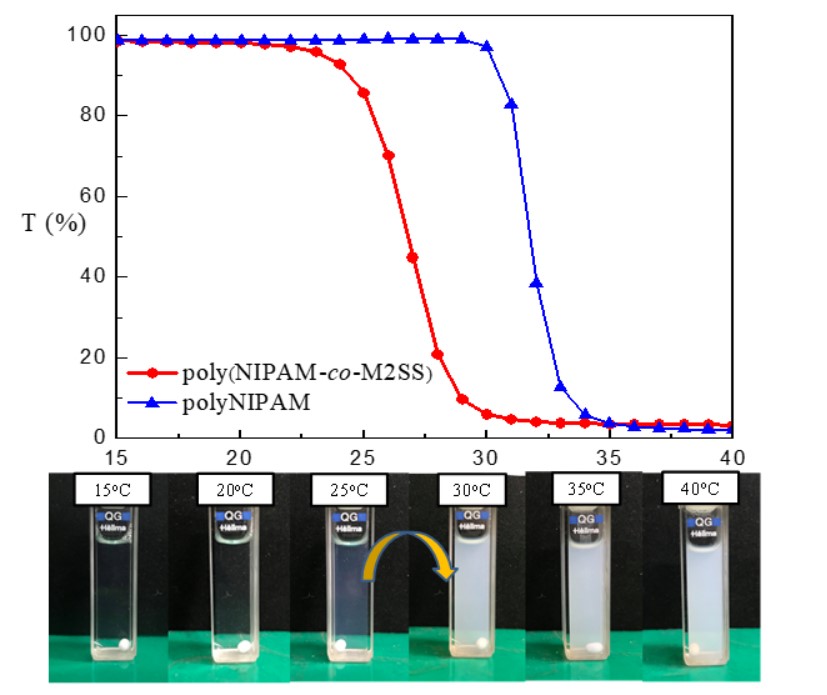
LCST transitions and transmission photos of diblock copolymer.
Gas chromatography
Autoclave
Freeze dryer
Moisture meter
Electrospinning
UV-vis spectroscopy (UV)
Fluorescence spectroscopy (PL)
Cyclic voltammograms (CV)
Gel permeation chromatograph (GPC)
Gaussian software
Centrifugal machine
Viscometer
Rotary evaporator
Vacuum oven
Spin coater
Ultrasonic cleaner
Ultraviolet lamp
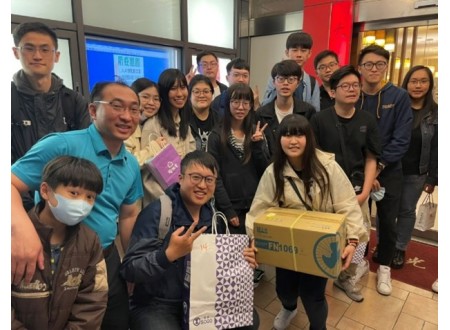 2021 Appreciation banquet
2021 Appreciation banquet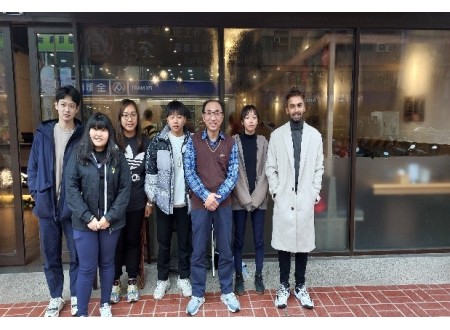 2023 Lab's summer party
2023 Lab's summer party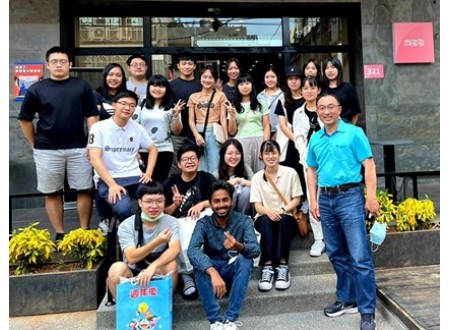 2022 Appreciation banquet
2022 Appreciation banquet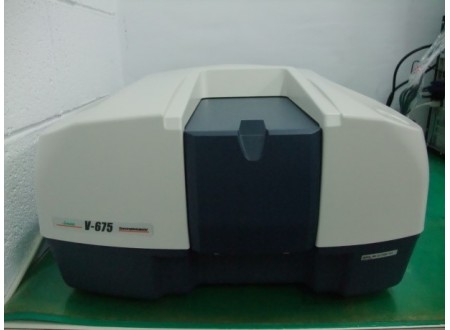 UV-vis spectroscopy
UV-vis spectroscopy 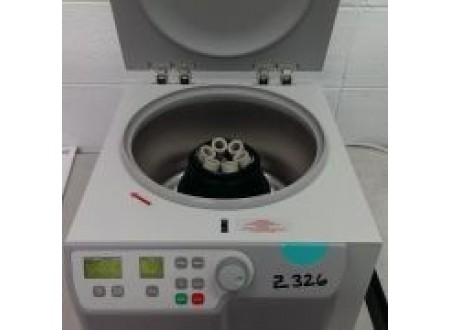 Centrifugal machine
Centrifugal machineWelcome to join our lab.